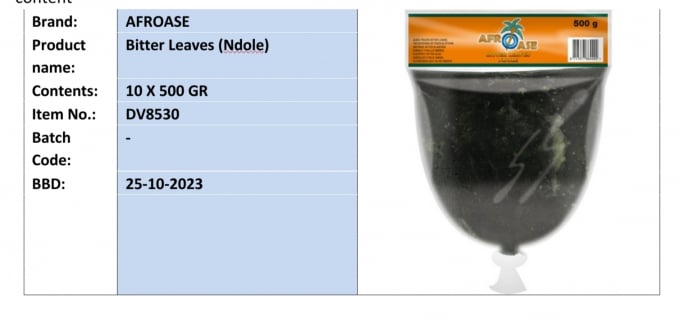| Top of the Agenda Ethiopian Government Agrees to Truce With Tigrayan Rebels After two years of fighting, the Ethiopian government and rebel Tigray People’s Liberation Front (TPLF) agreed to end hostilities (WaPo), disarm, and restore “law and order,” said Olusegun Obasanjo, the Horn of Africa envoy for the African Union (AU). The AU-mediated truce has raised hopes for an end to a war that has killed tens of thousands of people and displaced millions (Reuters). The AU stepped in to mediate after a cease-fire declared by the government in March fell apart after five months. Obasanjo said the AU will monitor the implementation of the new peace deal, which stipulates that Ethiopia’s government will take control of Mekelle, the capital of the Tigray region, and that the TPLF will once again be recognized as a political party. Eritrea, which sent troops to fight alongside the Ethiopian government’s forces, was not part of the talks. |
| Analysis “This is a huge breakthrough that involved major concessions from both sides, even if the parties punted the thorniest details to future peace talks,” the International Crisis Group’s Alan Boswell tells Reuters. “If they do stop fighting, then today will just be the start of what will surely prove a very bumpy, long, and difficult peace process.” “The African Union-mediated deal in Ethiopia is important for watchers of regional organizations & world order. While too early to celebrate, AU shows the way when European regional institutions are weakening or busy fighting each other,” American University’s Amitav Acharya tweets. For the Africa in Transition blog, CFR’s Michelle Gavin explains the challenges that have hindered the AU-mediated negotiation process. |





